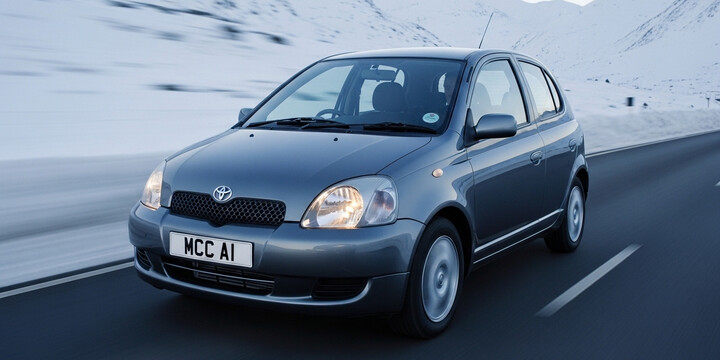TOYOTA YARIS VERSO (2000-05) 5DR MPV 1.4 D-4D GLS

Buyer's Guide & Data from our Checks
The TOYOTA YARIS VERSO (2000-05) 5DR MPV 1.4 D-4D GLS is a practical and versatile vehicle designed primarily as a family-friendly MPV. It is classified as a compact multi-purpose vehicle, making it a popular choice for those seeking a spacious, reliable, and fuel-efficient car for daily use. In the UK market, it appeals to families, first-time drivers, and small households who need a dependable vehicle for city driving and short trips.
Data from mycarcheck.com shows a solid interest in this model, with 49 checks and five different VINs recorded since 2021. Its average private sale value is around £1,000, indicating it’s an affordable option for used car buyers. The average recorded mileage of about 99,000 miles and roughly 4,000 miles driven annually suggest it has been well-used but maintained, with most owners keeping the vehicle for around 1.7 years on average.
What makes the TOYOTA YARIS VERSO (2000-05) 5DR MPV 1.4 D-4D GLS notable is its reputation for reliability and efficient fuel economy. It’s known for comfortable city driving and easy handling, standing out among rival compact MPVs for its durability and low running costs. This vehicle is an excellent choice for those looking for a practical, budget-friendly family car that offers good value and dependable performance.
Key Findings
The following statistics are drawn from our checks of 5 different vehicles, run between June 4th 2021 and December 31st 2025. These real-world insights provide context for this vehicle's place in the market, as well as its typical usage.
49
Lookups
Lookups
9
Hidden Histories
Hidden Histories
109k
Average Mileage
Average Mileage
£1,000
Average Valuation
Average Valuation












